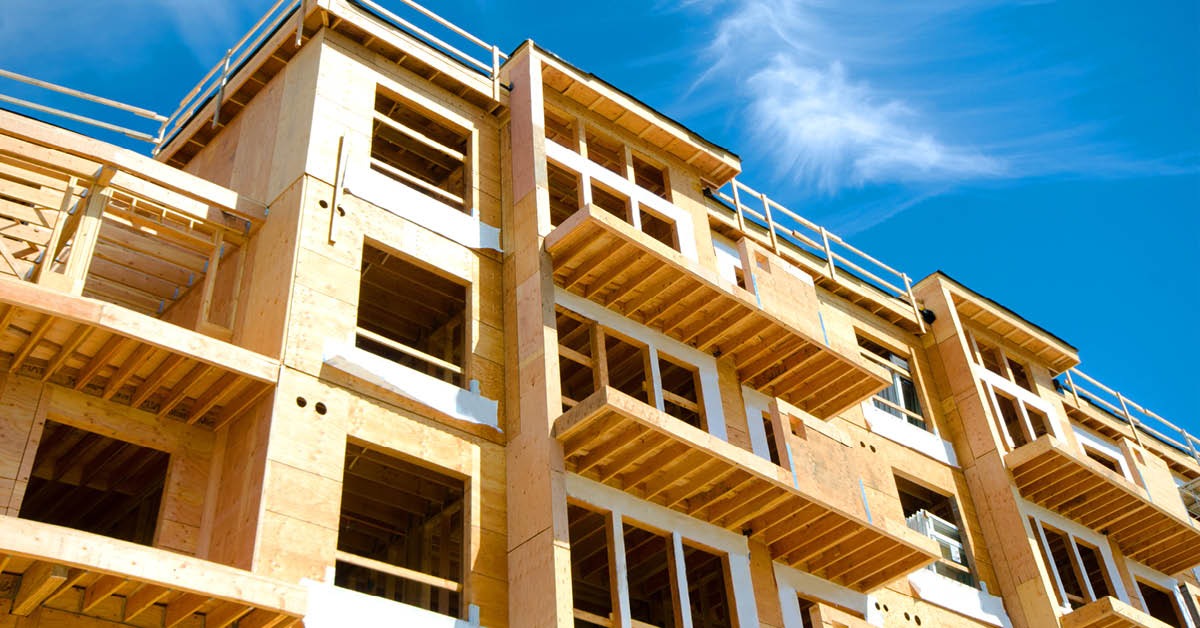Starting an apartment complex can be a rewarding investment venture, but it requires careful planning and execution. In today's real estate landscape, many investors are looking to capitalize on the rising demand for rental properties. With urbanization on the rise and more people seeking housing options, understanding the intricacies of starting an apartment complex is essential for success.
In this comprehensive guide, we will explore the essential steps involved in launching an apartment complex, including market research, financing options, design considerations, and management strategies. Whether you’re a seasoned investor or a newcomer to the real estate market, this article aims to equip you with the knowledge needed to embark on this exciting journey.
By the end of this article, you will have a clear roadmap to guide you through the process of starting your own apartment complex, ensuring that you make informed decisions along the way. Let's dive into the world of apartment complex development!
Table of Contents
- 1. Conducting Market Research
- 2. Exploring Financing Options
- 3. Site Selection and Acquisition
- 4. Design Considerations
- 5. Permitting and Licensing
- 6. Construction Management
- 7. Marketing and Leasing Strategies
- 8. Property Management
- Conclusion
1. Conducting Market Research
Before diving into the development of an apartment complex, it is crucial to conduct thorough market research. This step will help you understand the demand for rental units in your chosen area and identify your target demographic.
- Analyze local rental trends and prices.
- Identify competitors and their offerings.
- Determine the needs and preferences of potential tenants.
- Utilize online tools and resources, such as Zillow and local real estate reports.
2. Exploring Financing Options
Once you have a clear understanding of the market, the next step is to explore financing options. Starting an apartment complex can be capital-intensive, so it's essential to assess your funding sources.
Types of Financing
- Traditional bank loans
- Private investors
- Real estate crowdfunding
- Government grants and loans
Each option has its pros and cons, and it's vital to choose the one that aligns with your financial situation and investment goals.
3. Site Selection and Acquisition
Choosing the right location for your apartment complex is paramount to its success. Consider factors such as accessibility, amenities, and neighborhood demographics.
- Evaluate proximity to public transportation, schools, and shopping centers.
- Research zoning laws and regulations for the selected area.
- Conduct feasibility studies to assess the viability of the site.
4. Design Considerations
Once the site is secured, the next step is to focus on the design of the apartment complex. This includes planning the layout, selecting materials, and ensuring compliance with building codes.
Key Design Elements
- Unit size and configuration
- Common areas and amenities
- Energy-efficient designs and sustainable practices
- Parking facilities
5. Permitting and Licensing
Before construction can begin, you must obtain the necessary permits and licenses. This process can vary greatly depending on local regulations.
- Apply for building permits through the local government.
- Ensure compliance with zoning regulations.
- Obtain any required environmental assessments.
6. Construction Management
With permits in hand, it's time to start construction. Effective construction management is critical to ensure that the project stays on schedule and within budget.
- Hire reputable contractors and subcontractors.
- Establish a clear timeline and budget.
- Regularly monitor progress and address any issues that arise.
7. Marketing and Leasing Strategies
As construction nears completion, it's essential to develop a marketing strategy to attract tenants to your new apartment complex.
- Create a professional website to showcase the property.
- Utilize social media and online listings to reach a broader audience.
- Offer promotional incentives for early leases.
8. Property Management
Once tenants have moved in, effective property management is key to maintaining the complex and ensuring tenant satisfaction.
- Implement a responsive maintenance system.
- Communicate regularly with tenants to address their concerns.
- Monitor financial performance and adjust strategies as needed.
Conclusion
Starting an apartment complex is a complex but rewarding endeavor that requires careful planning, research, and execution. By following the steps outlined in this guide, you can navigate the process more effectively and increase your chances of success. Remember to conduct thorough market research, explore financing options, and prioritize tenant satisfaction to build a thriving rental community.
We encourage you to leave your comments and share your thoughts on this guide. If you found this article helpful, consider reading our other articles on real estate investment strategies and property management tips!
Thank you for reading, and we hope to see you back on our site for more insightful content!
Article Recommendations


